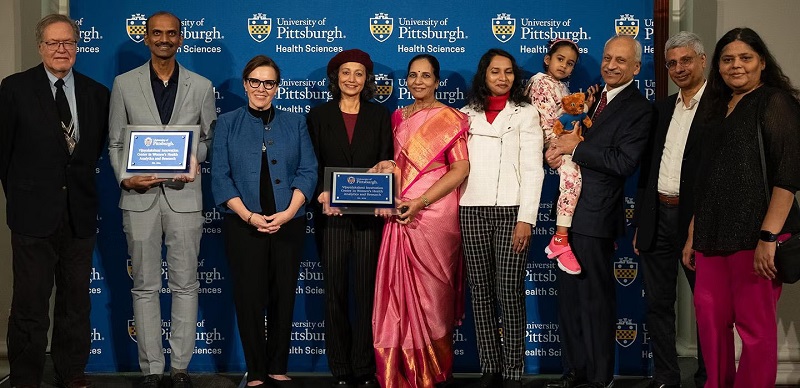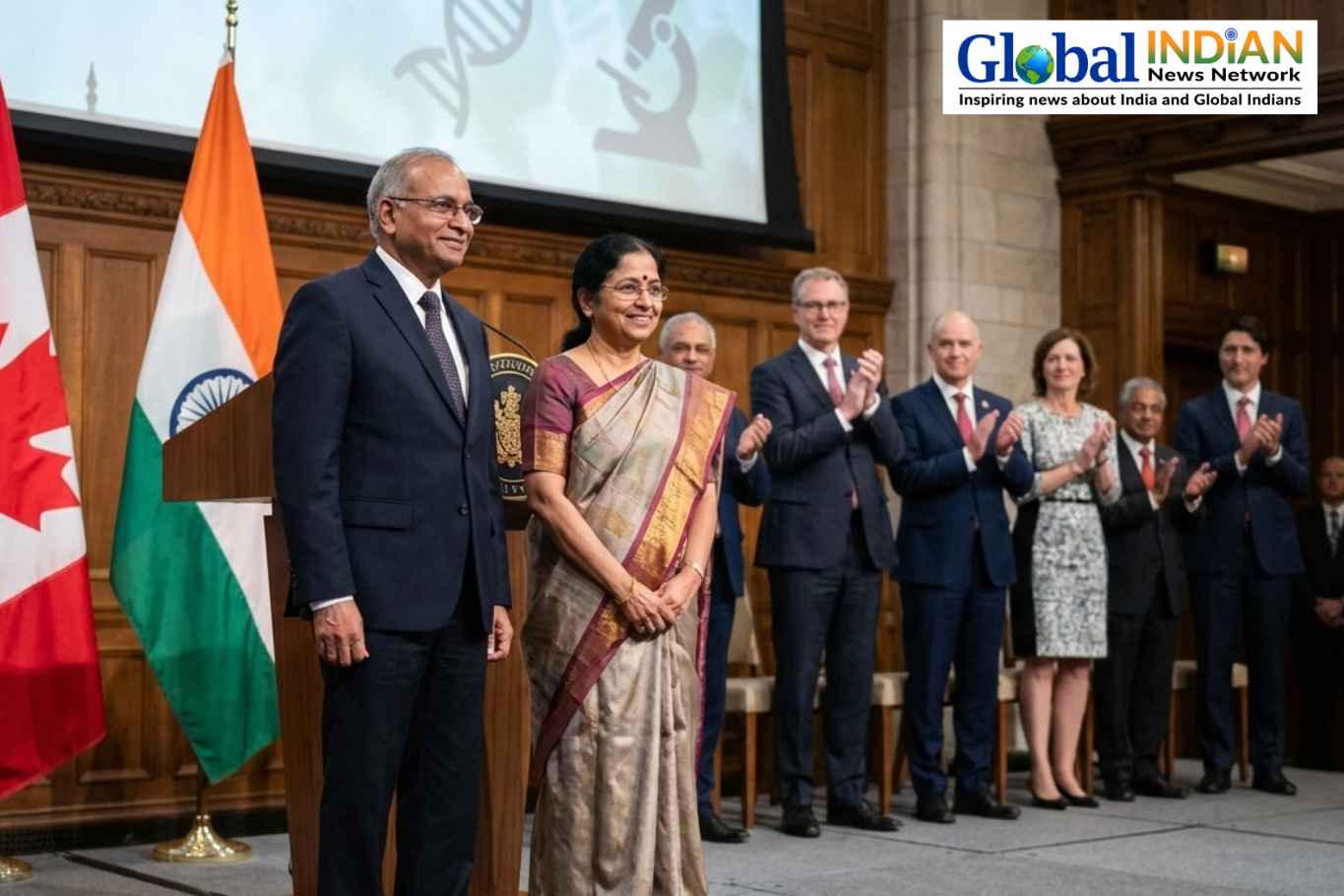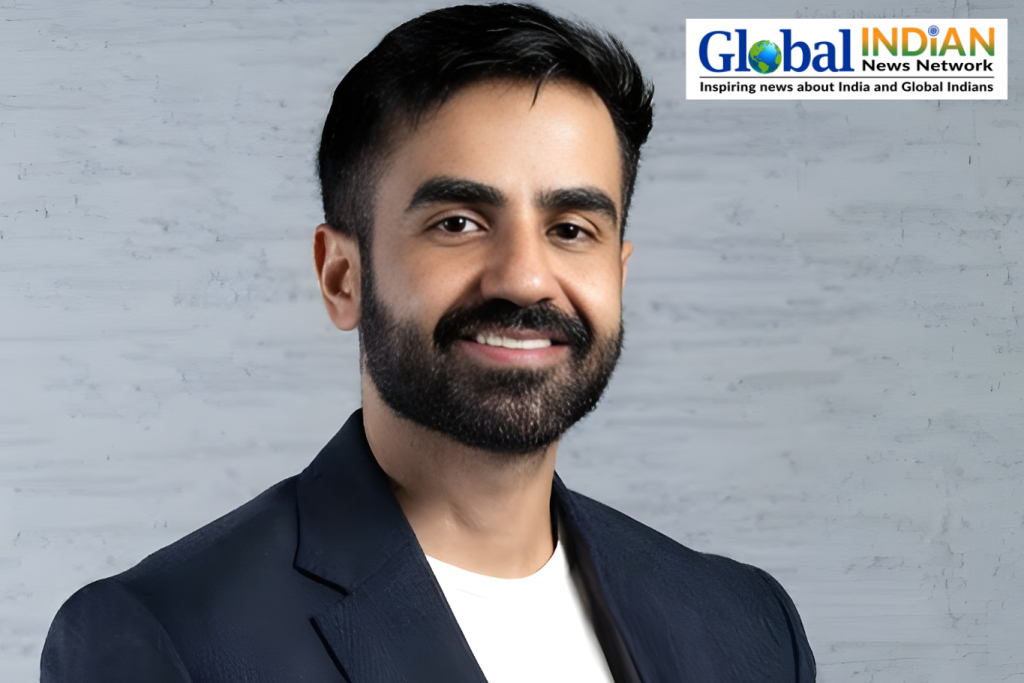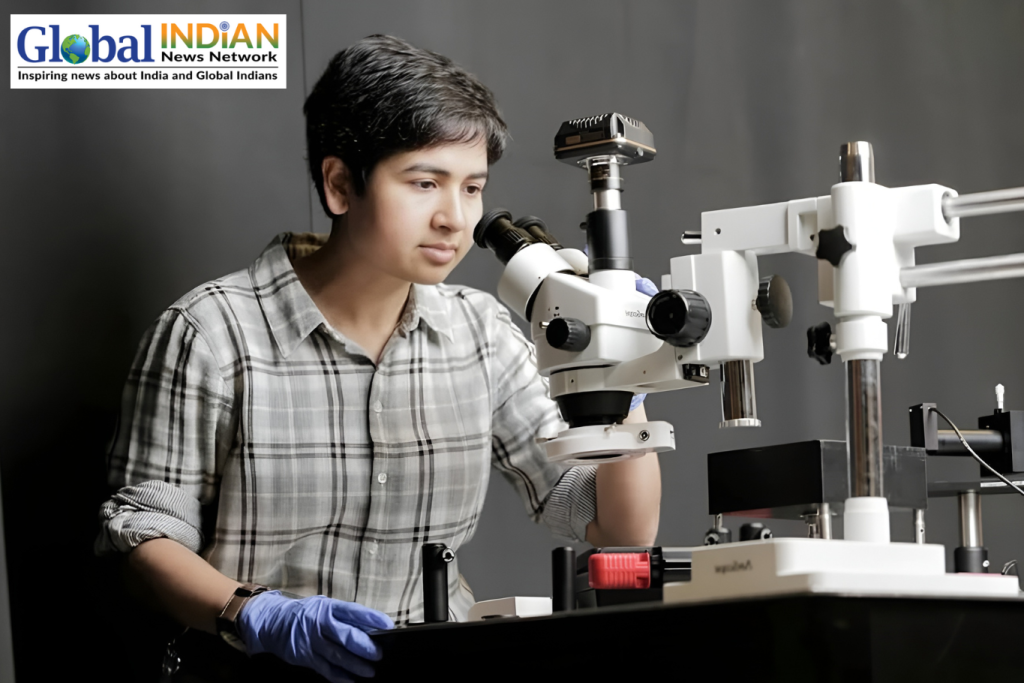
At a recent event at Pitt University, the launch of the Vijayalakshmi Innovation Center for Women’s Health Analytics and Research (VIHAR) was announced, with Vanathi Gopalakrishnan sharing her excitement for the ambitious initiative. Gopalakrishnan, associate professor in the Department of Biomedical Informatics, humorously noted that some people initially mistook the project for a yoga program, but clarified that VIHAR’s goal is to push the boundaries of women’s health research, particularly through artificial intelligence.
The center, backed by a generous $10 million donation from Indian American siblings Vishnu and Harsha Vardhini, aims to create the world’s first comprehensive female digital health twin — a virtual model to represent a patient’s health. This innovative project seeks to simulate and optimize strategies for preventing and treating conditions that uniquely affect women, leveraging AI to reduce global health disparities.
The center builds on research already underway at Pitt’s Pattern Recognition from Biomedical Evidence (PRoBE) laboratory, which Gopalakrishnan founded. As VIHAR’s founding director, she envisions modeling the health trajectories of women and girls across various stages of life, incorporating diverse ethnicities and environments, which will elevate precision medicine to new inclusive heights.
The center is named in honor of the Vardhan and Vardhini siblings’ mother, Vijaya Lakshmi, whose health struggles inspired their donation. This center is the first global AI initiative dedicated to improving women’s health on a worldwide scale, with a focus on reducing disparities and advancing healthcare.
Chancellor Joan Gabel and Senior Vice Chancellor for Health Sciences Anantha Shekhar expressed their gratitude for the initiative, highlighting the intersection of health, AI, and data science as transformative for both the university and global healthcare. Shekhar emphasized that VIHAR represents the future of AI in health sciences and its potential to revolutionize healthcare for women globally.
Vishnu Vardhan explained that his mother’s traumatic experience with childbirth in India motivated his and his sister’s desire to improve women’s health. Through their generous gift, they aim to eliminate health disparities and enhance the quality of life for women around the world.
Looking ahead, Gopalakrishnan is optimistic that VIHAR will create transformative changes, predicting that over the next two decades, the center will accumulate enough data to create a comprehensive female digital-health twin, enabling large-scale studies and trials on a scale never before imagined.









